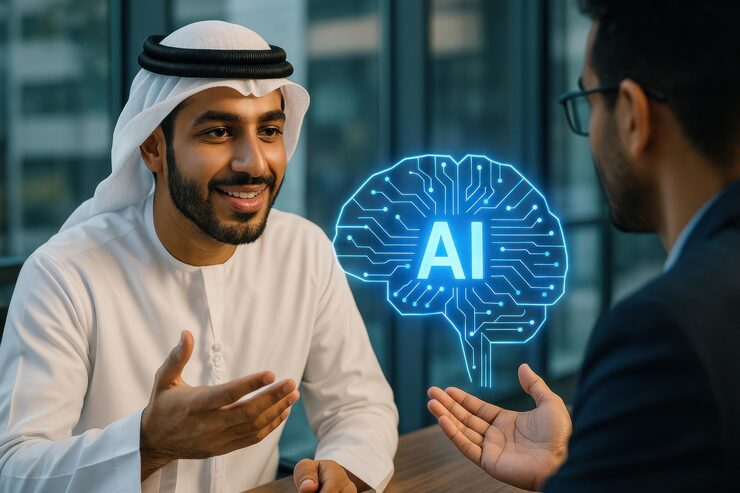AI is changing the way Kuwaiti businesses think and work. With the right AI development company, organizations aren’t just collecting more data—they’re turning that data into smarter, faster decisions. AI and machine learning help companies spot trends, cut costs, work more efficiently, and deliver better experiences to their customers.
When a business teams up with an AI developer in Kuwait, they get access to tools like predictive analytics, intelligent automation, and real-time insights. This isn’t just about keeping up. It’s about staying ahead of the competition.
Why Kuwaiti Businesses Need AI and Machine Learning
AI isn’t a buzzword anymore. It’s practical, and Kuwaiti companies are catching on fast:
- Predictive analytics turn data into clear direction
- Automation takes care of the boring stuff, so teams can focus on what matters
- Personalization keeps customers engaged
- Smarter resource management helps businesses run smoother
- AI-driven insights spark new ideas for products and services
AI development firms in Kuwait know the local market and build solutions with real impact.
Key AI Development Services in Kuwait
Predictive Analytics
AI models look at the numbers and show you where things are heading—market shifts, customer habits, even hidden roadblocks.
Intelligent Automation
Let AI handle repetitive tasks. Fewer mistakes, more time for your team to work on the big-picture projects.
Customer Experience Optimization
Chatbots, virtual assistants, and smart recommendation systems make customers feel like you understand them.
Custom AI Solutions
No two businesses are the same. An AI development company in Kuwait builds applications that fit your processes, not the other way around.
System Integration
AI connects with your existing tools—CRM, ERP, and more—so everything works together and nothing slows you down.
Benefits for Kuwaiti Businesses
- Save time and money with smarter automation
- Make better decisions, backed by data you can trust
- Connect with customers in ways that keep them coming back
- Get ahead—and stay ahead—in a fast-moving market
- Grow with AI solutions that scale as you do
Why Work With AI Experts in Kuwait?
When you work with an AI development company in Kuwait, you get more than just technology. You get:
- A clear AI strategy from start to finish
- Custom solutions that actually fit your business
- Smooth integration with your current systems
- Training so your team feels confident with new tools
- Ongoing support to keep everything running at its best
With the right partner, Kuwaiti businesses turn AI from a buzzword into real results.
Learn more about AI for Middle East Enterprises guide.
FAQs
1.How does AI help businesses make smarter decisions in Kuwait?
AI sorts through data, spots patterns, and gives you the info you need to make confident choices.
2.What services do AI development companies in Kuwait offer?
They handle predictive analytics, automation, custom AI applications, and make sure everything works with your current systems.
3.Can AI improve customer experience?
Definitely. AI powers chatbots, personalized recommendations, and smoother interactions all around.
4.Why hire an AI developer in Kuwait?
Local experts know what works here. They design and build AI solutions that fit your business, not someone else’s.
5.Is AI scalable for growing companies?
Yes. AI solutions in Kuwait grow with your business, so you’re ready for whatever comes next.




